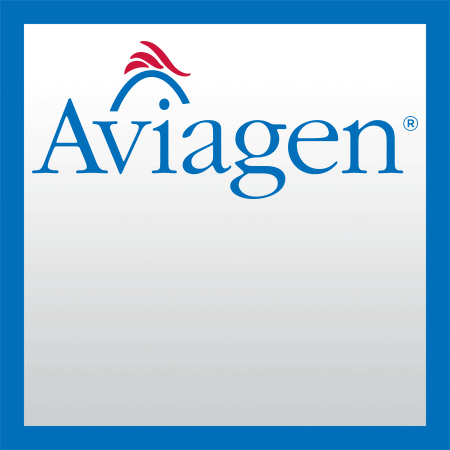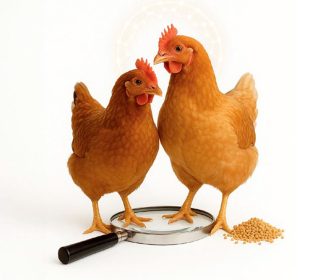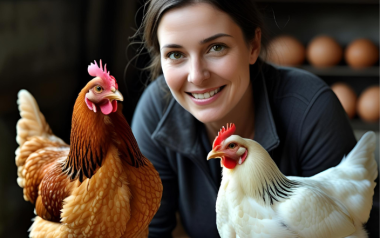“Broiler chicken producers had been looking for ways to reduce costs while maintaining or increasing food safety and bird growth,” said Korver.
27 Apr 2022
Water wash cleanses between broiler flocks without disinfection
University of Alberta researchers have found that water wash by itself reduced the numbers of the pathogen, Campylobacter jejuni, in birds and in the barn environment...
In Canadian broiler chicken production, removal of litter, the wash, and disinfection have typically taken place to prepare barns for new flocks.
More recently, new regulations have allowed for water washing between flocks, without disinfection.
University of Alberta researchers have found that water wash by itself reduced the numbers of the pathogen, Campylobacter jejuni, in birds and in the barn environment.
It does not have a negative effect on birds’ growth and health, as compared to those grown in barns that had been fully disinfected.
>> The research is published in Applied and Environmental Microbiology, a journal of the American Society for Microbiology.
The findings are “immediately applicable to the poultry industry,” said Doug Korver, Ph.D., professor of Poultry Nutrition, University of Alberta, Edmonton, Canada.
The complete removal of litter, followed by disinfection “had been intended to remove environmental microbial pathogens, but an unintended consequence is that potentially beneficial bacteria are also removed.”
That, he said, may have reduced the rate at which a normal, stable, healthy gut microflora is achieved in the subsequent flock, possibly slowing the birds’ growth and/or reducing their health.
Highlights of the study
- In the study, the investigators worked with a commercial broiler producer that had 7 broiler barns, each housing approximately 28,000 broiler chickens.
- During 4 production cycles, the barns were either water washed or fully disinfected.
- When the chickens reached 30 days old, the investigators sampled the ceca (the first section) to assess the presence and abundance of specific pathogens, notably Salmonella and C. jejuni.
-> “Cecal concentrations of short-chain fatty acids were increased in the water wash group,” said coauthor Ben Willing, Ph.D., associate professor, and Canada Research Chair in the Microbiology of Nutrigenomics, University of Alberta.
-> “An increase in
TO CONTINUE READING REGISTER IT IS COMPLETELY FREE
Access to articles in PDF
Keep up to date with our newsletters
Receive the magazine for free in digital version
REGISTRATION
ACCESS
YOUR ACCOUNT
LOGIN
Lost your password?






































